Arthritis and Arthrosis are symptoms of pain and stiffness in the joints; ligaments and bones, both are affected in both cases. It is an inflammatory condition and as such can also influence skin and muscles as well as certain organs.
Arthrosis is one of the most common kinds of Arthritis. In this case the cartilage, which is a kind of slippery buffer tissue in between the bones, is affected. Often when people age, this cartilage loses its function and in some cases vanishes totally. Then the contact between bones becomes a problem – pain, swelling, stiffness are the usual consequences. Especially the joints of hands, knees, feet, hips and neck are the areas which are most easily affected, but it can also touch other joint areas.
Rheumatoid Arthritis is an auto-immune disorder with inflammatory aspects on the joints. The immune system attacks the body’s cells due to misprogramming which causes inflammation, swelling of the joints and pain.
So broadly said, Arthritis is an inflammatory process of the joints, Arthrosis is the loss of buffer tissue in the joints, mainly due to long-term inflammatory processes. Generally, age is a major factor in the development of Arthritis or Arthrosis. Statistically, the risk factor increases ten times with getting older. Also obesity can lead more easily to this problem. Easy to understand that heavier body types may use up their joint tissues more easily due to the increased pressure on them. Also women tend to be more exposed to Arthritis and Arthrosis than men. Joint problems or damage can, of course, also be the result of accidents, special working conditions, and even genetic predispositions.
The symptoms are mainly pain and stiffness, especially after periods of muscular inactivity or after sleep. The affected joint may feel very sensitive to touch; in more severe cases, there may also be a kind of rubbing sound among the 2 bones if the cartilage is more used up.
Osteoarthritis is the most common form of Arthritis, affecting about 237 million people (3.3% of the world population – Wikipedia)
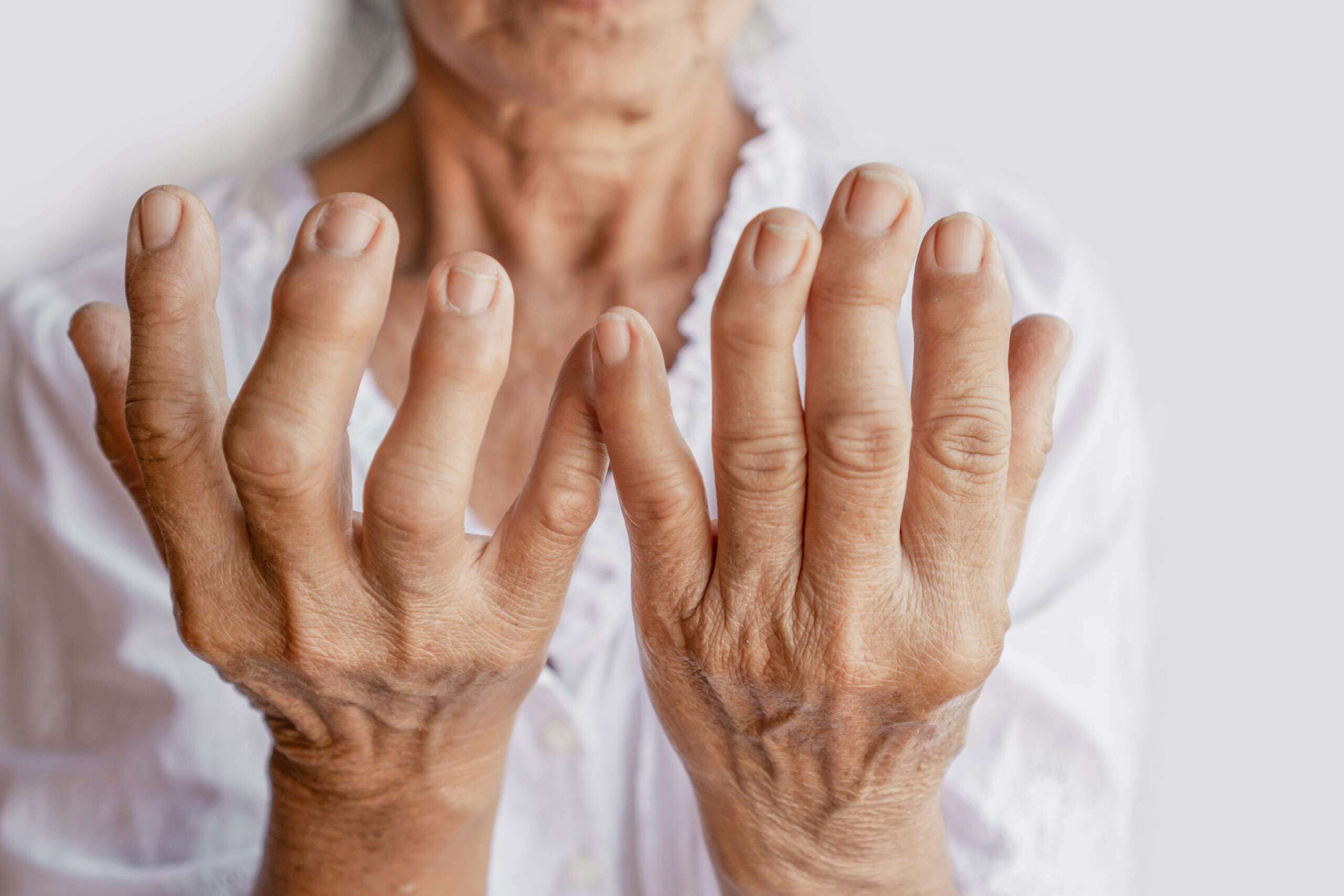
Example of essential oils against Arthritis
• Frankincense
• Cumin
• Ginger
• Bay Laurel (Laurus nobilis)
• Immortella (Helichrysum italicum)
• Sea Pine (Pinus pinaster)
• Thyme, borneone (Thymus satureioides)
• Juniper (Juniperus vulgaris)
• Eucalyptus citriodora
• Lemon Basil (Ocimum citratum)
• Peppermint (Mentha piperita)
• Wintergreen (Gaultheria fragrantissima)
Use Carrier oils for massage, application “on spot” like “Red Oil” (St. John’s Wort in Olive oil), Arnica oil…
Frankincense
Powdered Frankincense resin, especially the Indian type (Boswellia serrata), is a miraculous pain reliever for all kinds of joint pains, muscular pains etc. Boswellia serrata is a plant that produces the Indian incense Salai, called shallaki or sallaki in Sanskrit and Olibanum indicum in Latin. The plant is native to a large part of India and the Punjab region which extends into Pakistan. Sallaki Tablets are used for Rheumatoid Arthritis and Osteoarthritis in Ayurvedic medicine. Sallaki tablets are commonly used nowadays. They contain Boswellia serrata extract and Vitex negundo, another ancient medicinal plant of India.
Boswellia serrata resin extract supports the prevention of excessive joint wear and tear. Boswellic acid, an important active constituent in Indian Frankincense extract, helps in suppressing joint inflammation and pain by targeting key enzymes that facilitate the release of pro-inflammatory chemicals in the joints. Also the analgesic properties of Salaki help alleviate arthritic pain and improve joint function.
Unfortunately, and different from what many people publish on Internet today, the essential oil of none of the Frankincense species contains the famous Boswellic acid (acetyl-11-keto-beta-boswellic acid = AKBA). AKBA is a key compound in the Frankincense resin but being too heavy as a compound it does not get absorbed into the oil during distillation nor into the hydrolat. AKBA is “responsible for the extracts’ therapeutic efficacy in treating a variety of inflammatory diseases. The bioavailability may influence efficacy of the individual extracts. The most common contemporaneous use of boswellia extracts is in the treatment of osteoarthritis.”
Personally, I would always go for a combined option and use the Boswellic acid in tablet form together with the essential oil. There is enough evidence these days which proves that the so-called “active ingredients” in Nature’s medicine can be even of greater therapeutic value if they are accompanied by “as much as possible” of the original plant. Even the “trace elements” in the bio-chemistry of an essential oil have shown to have their “word to say” in a treatment – often in terms of subtle psycho-spiritual positive side-effects.
“Frankincense oil can inhibit the production of key inflammatory molecules associated with conditions like Arthritis and can be useful in helping to prevent the breakdown of the cartilage tissue. This has been shown to significantly reduce levels of inflammation, making it a natural treatment option for pain-related conditions that affect the muscles, joints and tendons.”
https://draxe.com/essential-oils-for-Arthritis/
“In a randomized, double-blind, placebo-controlled clinical trial of a 30% AKBA Boswellia extract (5-Loxin), researchers found that the extract significantly reduced pain and improved physical functioning in OA patients… both groups exhibited improvement in pain scores and physical ability scores as early as 7 days after the start of treatment, and these indices continued to improve throughout the 90 days of treatment.”
https://www.naturalmedicinejournal.com/journal/2013-05/frankincenses- efficacy-treating-osteoArthritis
Frankincense and Myrrh together
“Rheumatoid Arthritis (RA) is a globally prevalent chronic autoimmune inflammatory disease characterized by a hyperplastic synovial membrane, which can destroy adjacent articular cartilage and bone in the joints… In China, Frankincense and Myrrh are often used together in the clinic in order to obtain a synergistic effect for relieving pain and activating blood circulation, and especially to treat inflammatory diseases… The beneficial effect of Frankincense and Myrrh on inflammation was reported previously. Acetone extract of Boswellia carterii gum resin decreased arthritic scores, reduced paw edema and suppressed local tissue TNF-? and IL-1? in Lewis rats significantly. It is worth mentioning that the combination of Frankincense and Myrrh was more effective in suppressing the intensity of joint inflammation.”
https://www.ncbi.nlm.nih.gov/pmc/articles/PMC4556964/#b1
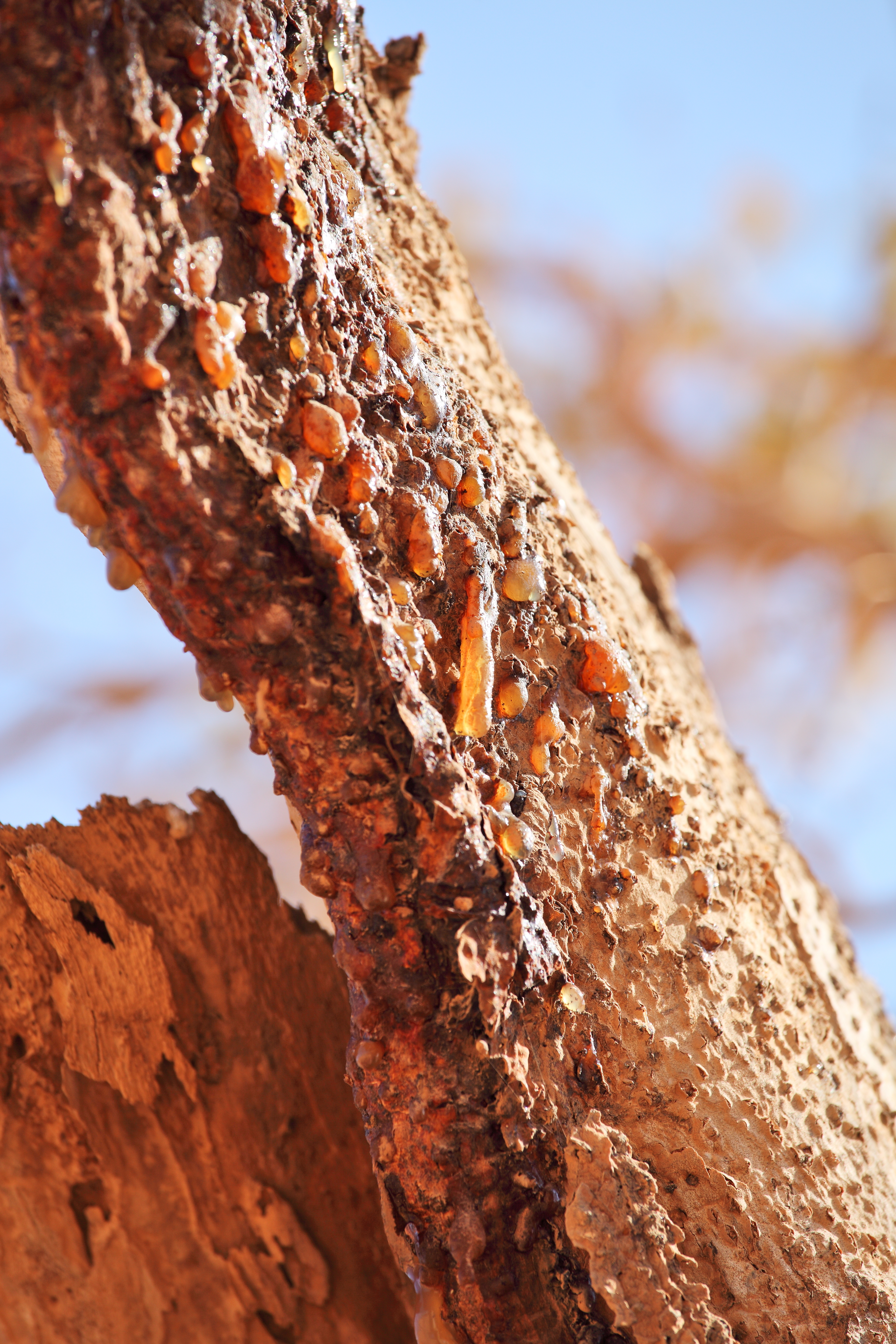
German Chamomile

German or blue Chamomile oil is not only a wonderful oil for the nerves and the skin, but it is also often used in problems of Arthritis. It has sooting, anti-inflammatory, anti-spasmodic, and analgesic effects on body tissues of all kinds. Research shows that Chamomile oil used for Arthritis directly or diluted with carrier oils and applied on the joints reduces joint pain and inflammation.
Cumin
Cumin has been used as anti-inflammatory, diuretic, carminative and antispasmodic treatment of toothaches and epilepsy and also as an aid for treating dyspepsia, jaundice, diarrhea, flatulence and indigestion.
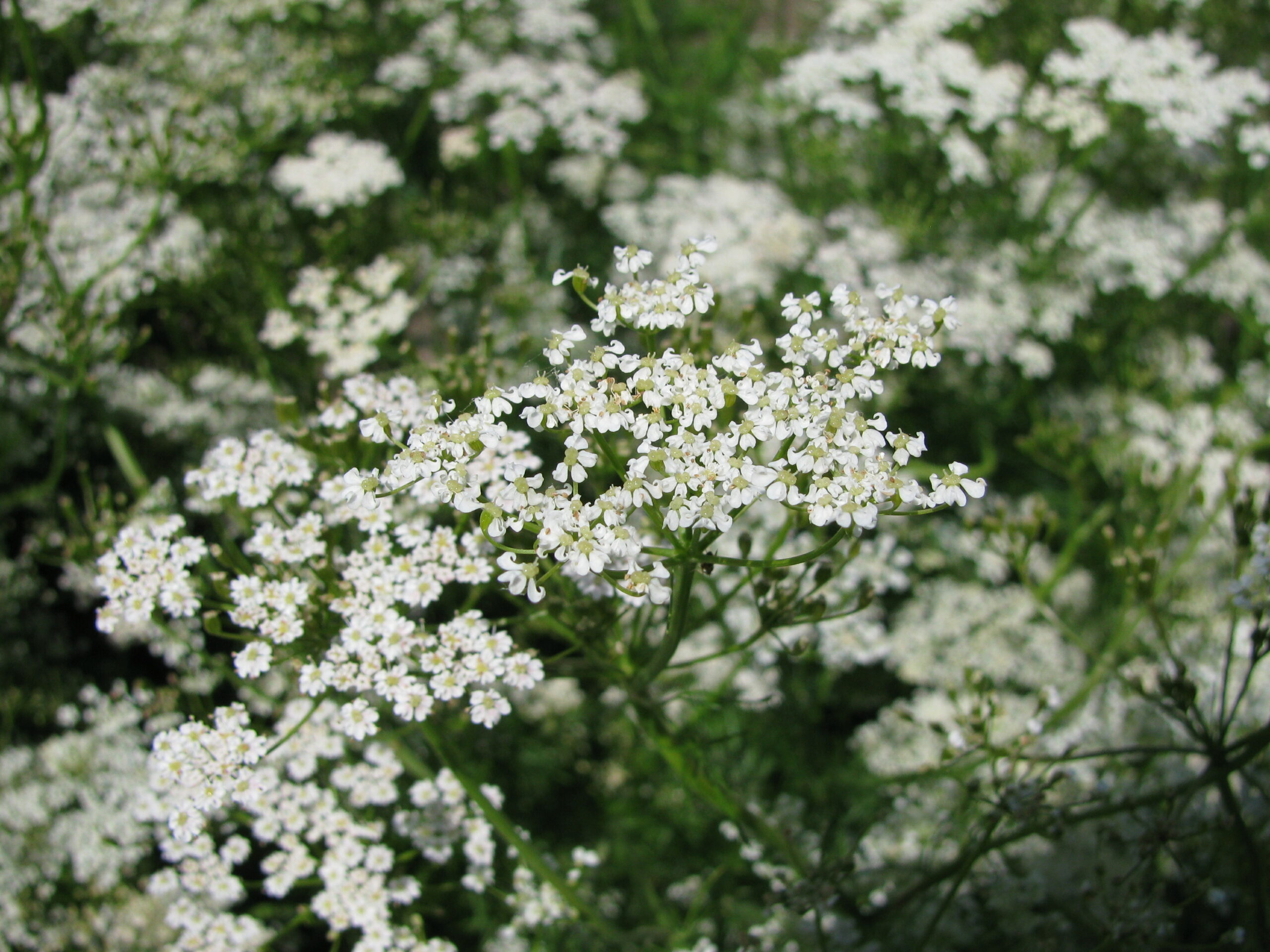
Omega-3 and Omega-6 oils –
the miraculous poly-unsaturated fatty acids
According to the results of at least 13 studies involving more than 500 participants, people with Rheumatoid Arthritis who took omega-3s supplements had a reduction in joint pain – but not in joint damage.
Other studies suggest that omega-3s may help Rheumatoid Arthritis patients lower their dose of nonsteroidal anti-inflammatory drugs (NSAIDs). According to the National Institute of Health (NIH), administering Omega-3 oil by IV reduces swollen and tender joints in people with Rheumatoid Arthritis.
http://blog.Arthritis.org/living-with-Arthritis/omega-3-fatty-acids-Arthritis/
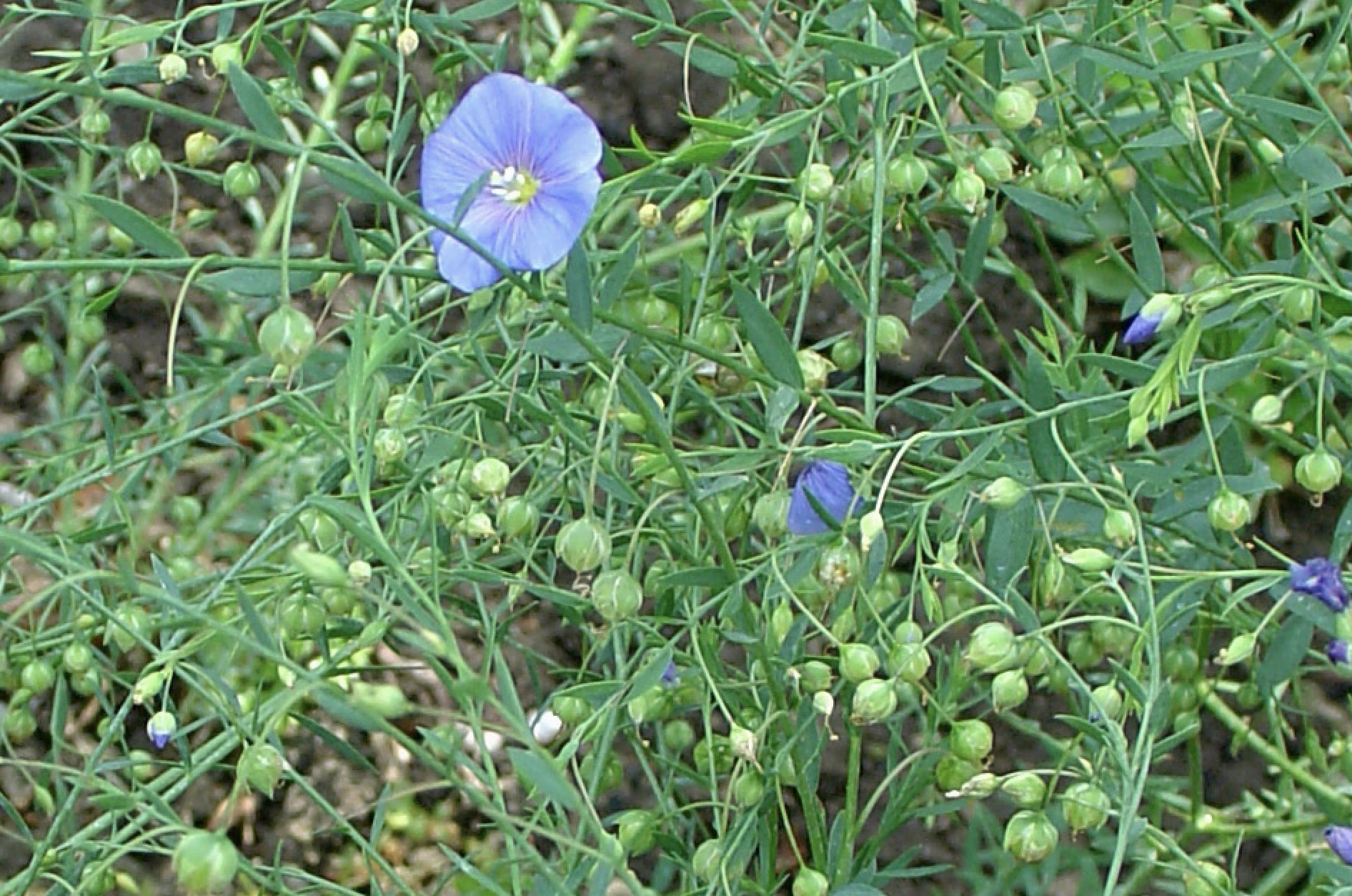
One hallmark of Rheumatoid Arthritis is inflammation in the lining of your joints – a type of tissue referred to as the synovium. Because omega-3 fatty acids may lower your body’s production of inflammatory chemicals, it is theorized that an intake of omega-3s can help inhibit this inflammation and prevent joint damage… Some research indicates that omega-3 fatty acids may benefit people with Rheumatoid Arthritis by improving their heart health. Careful management of cardiovascular risk factors may be especially important for Rheumatoid Arthritis patients since the condition is associated with increased risk of heart disease.
https://www.verywellhealth.com/fighting-Rheumatoid-Arthritis-with-omega-3-fatty-acids-89342
A study at Brigham and Women’s Hospital in Boston revealed that omega-3s actually convert into compounds that are 10,000 times more powerful than original fatty acids. So what does this mean to us?
These compounds include resolvins, which help to stop an inflammatory response in the body, says the study’s lead researcher Charles Serhan, PhD, director of the Center for Experimental Therapeutics and Reperfusion Injury at Harvard Medical School in Boston.
cf. http://blog.Arthritis.org/living-with-Arthritis/omega-3-fatty-acids-Arthritis/
Omega-3 fatty acids are associated with decreased inflammation. They are found in many foods, including salmon, eggs, walnuts, and flaxseed, as well as in leafy green vegetables like spinach. Perhaps not surprisingly, these foods are commonly recommended as part of an anti-inflammatory diet.
However:
Omega-6 fatty acids are associated with increased inflammation. Omega 6’s are found in most vegetable oils, including sunflower, corn and canola oils, and meats, such as chicken, pork and beef.
cf. https://www.Arthritis-health.com/blog/difference-between-omega-3- and-omega-6-and-knee-Arthritis-pain
Black Cumin (Nigella sativa)
Black cumin seed oil joins a small handful of nutraceuticals now known to modulate the immune system in both directions. In addition to suppressing dangerous chronic inflammation, black cumin seed oil has been shown to boost appropriate immune function. The result is enhanced protection against infections and cancer. In other words, Black cumin seed oil has a balancing effect on the immune system, promoting healthy immune function when it is needed and suppressing excessive immune activity (inflammation) when it is deleterious.
https://www.lifeextension.com/Magazine/2013/1/What-Doctors-Dont-Know-about-Inflammation/Page-01
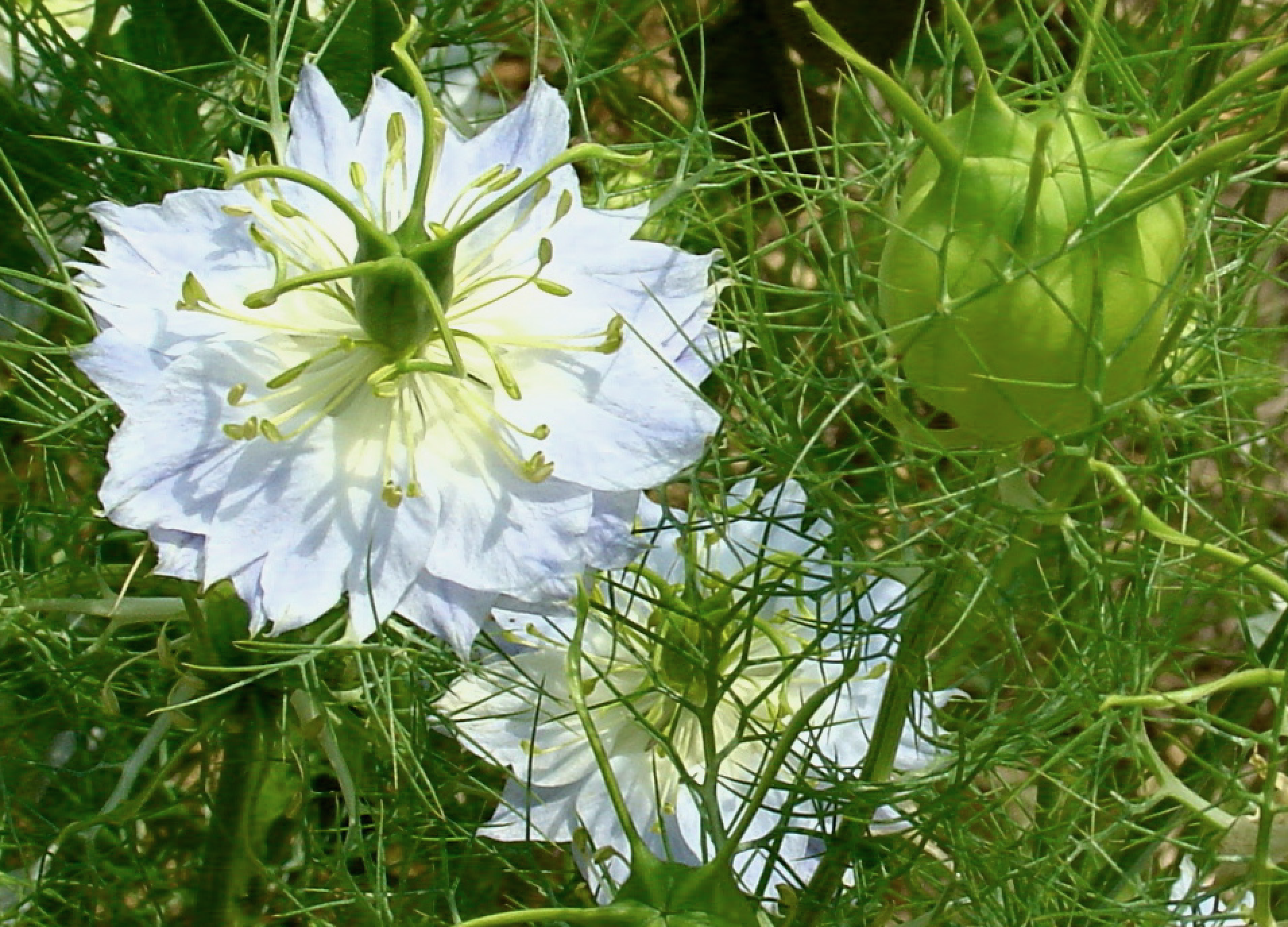
Black cumin seed oil has been shown to be useful in treating Rheumatoid Arthritis, a highly inflammatory condition. In addition to the joints, Rheumatoid disease can afflict the heart, liver, nerves and blood-forming cells… Black cumin seed oil has been shown to be effective in experimental models of osteoarthritis, the most common form of Arthritis in humans.
https://www.lifeextension.com/Magazine/2013/1/What-Doctors-Dont-Know-about-Inflammation/Page-01
A Scientific Testimonial on Black Cumin oil
A human study of Black cumin seed oil has produced encouraging results.
Forty women with Rheumatoid Arthritis had a one-month washout period, during which they took a placebo capsule twice daily, followed by one month of taking 500mg of Black cumin seed oil twice daily. Subjects experienced a significant improvement on a standard 28-point scale used to assess how Rheumatoid Arthritis is affecting the body as a whole. Additionally, there was a reduction in the number of swollen joints and in the duration of morning stiffness. Remarkably, there was an overall reduction of symptoms in 42.5% of the patients.
https://www.lifeextension.com/Magazine/2013/1/What-Doctors-Dont-Know-about-Inflammation/Page-01
Neem oil for Arthritis
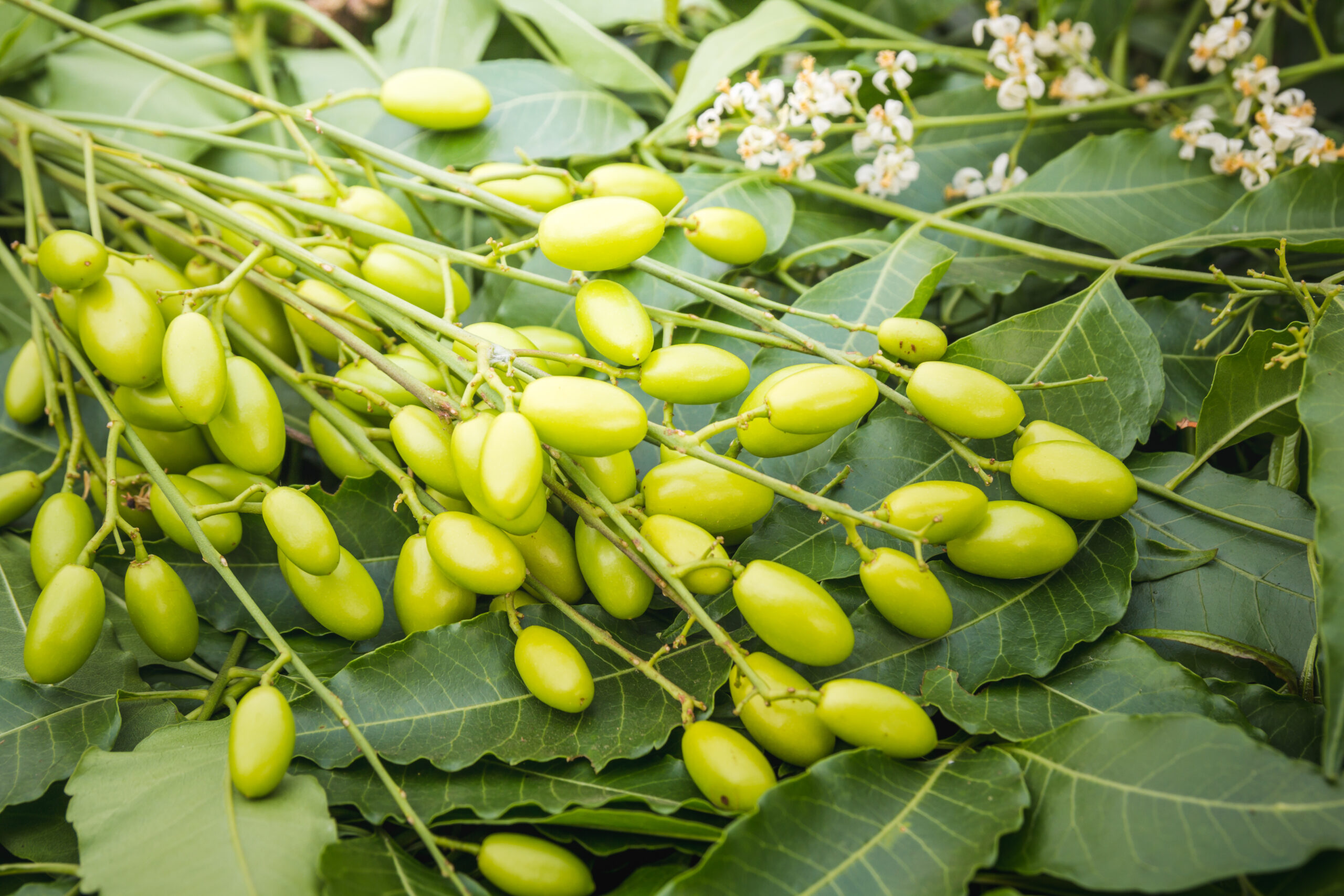
Neem (Azadirachta indica) has been mentioned many a times in the ancient Vedas. It is said that every part of the neem is beneficial. Nimbin in Neem has an anti-inflammatory effect and is the main reason of using Neem to cure Arthritis. Also, the poly-saccharide contained in Neem reduces the inflammation and pain.
Give your body a Neem oil massage. This will reduce the inflammation as well as the pain.
http://www.neem-products.com/Arthritis-home-remedies.html
Coconut oil
A coconut is a very special fruit as it contains large quantities of water, especially when it is young or not yet ripe. It has a lot of vitamins like vitamin C, E, B1, B3, B5 and B6 – and also plenty of important minerals like iron, calcium, magnesium, selenium, sodium and phosphorous.
Pure Coconut oil is rich in lauric acid, a medium-chain fatty acid in it too. And lauric acid is protective against all kinds of parasites, bacteria, fungi, yeasts and viruses.
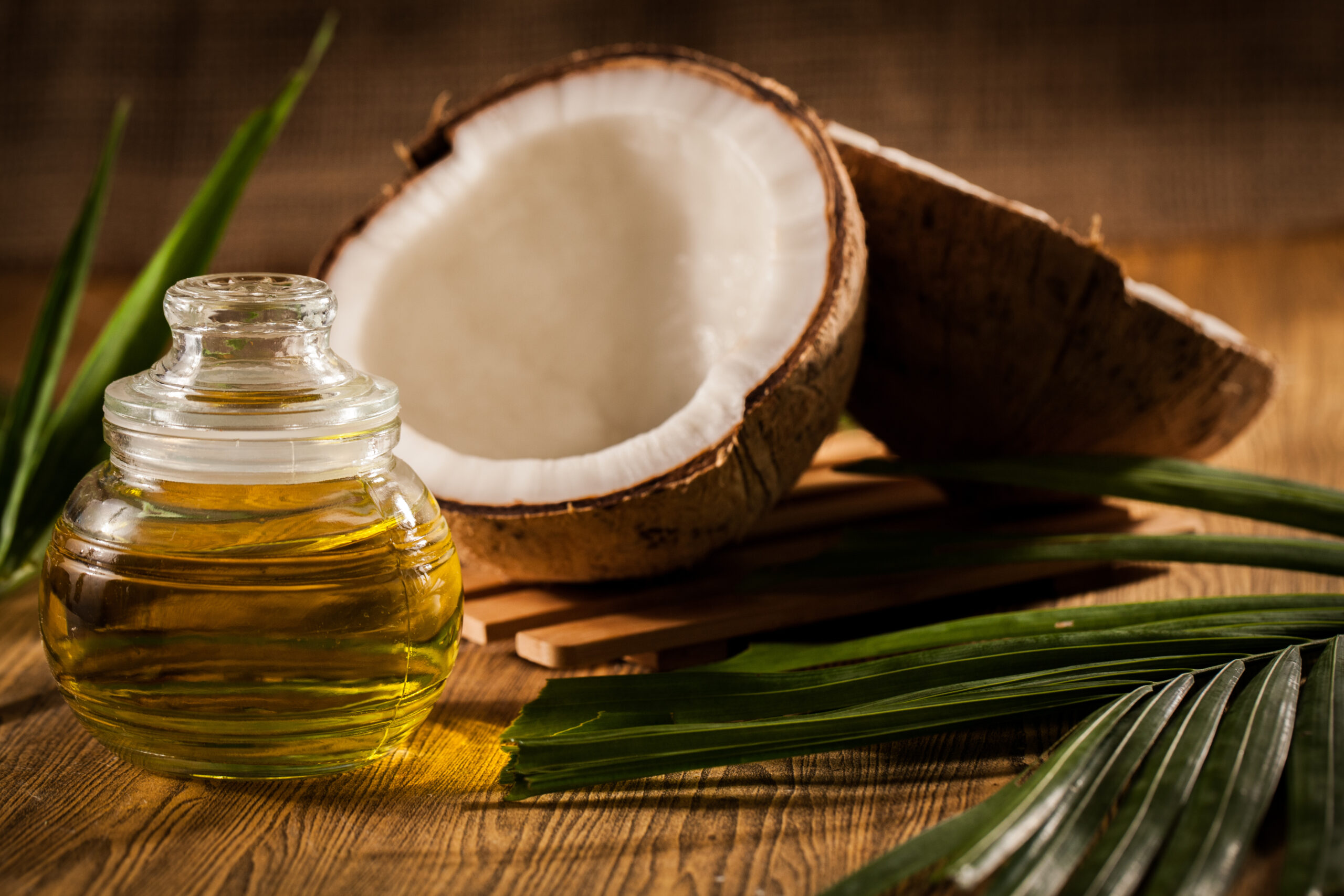
A testimonial: Using Coconut oil 2-4 tablespoons daily
“I have had chronic pain for 10 years”, says Barbara Moody of Redmond, Washington. “Because of the pain I had to end my career as a firefighter.” She was also an avid rock climber and runner but had to give up those activities too. Barbara suffered from Arthritis in her knees and back with accompanying nerve involvement in her feet. Walking caused pain with every step. Over the years she endured four back surgeries and a spinal fusion. Despite medications and surgeries, her condition continued to get worse. Doctors recommended a fifth surgery and second fusion.
“Here are the results I have noticed so far”, she says after only four weeks using Coconut oil: “Reversed documented nerve impingement and foot drop. Reversed documented osteoarthritis of my spine and knees. Avoided my fifth spine surgery and threatened second fusion. Restored my ability to exercise. I am able to walk down a flight of stairs without pain, limping or gimping. I can also walk two miles without knee pain!”
…A diagnosis of Arthritis is not a life sentence. There is now a cure for Arthritis.
https://coconutresearchcenter.org/articles-and-videos/coconut-information/there-is-a-cure-for-Arthritis/default.htm#
Research has shown that the regular use of Coconut oil gives strength to the bones. This means: if we have difficulties to put pressure on our bones, we will feel less pain over time when using Coconut oil. The body can absorb this oil more quickly than most of the other known oils, which helps to lubricate stiff joints and gives better mobility. One major factor in this are the so-called medium chain fatty acids or Medium Chain Triglycerides = MCT. As much as it is known today, Coconut oil is the richest source of these fatty acids.
What is their “secret”? The MCT molecules are very small and easily broken down without needing a lot of energy or enzymes from the liver, gall bladder or pancreas. In other terms: they are easily digested. Coconut oil’s fatty acid is called „Lauric acid“- a component of the MTC triglycerides. This fatty acid is also present in human mother milk, cow’s and goat’s milk. In carrier oils for aromatherapy we find it also in Babassu oil, Palm kernel oil, Murumuru butter, Cohune oil (Rain tree).
Coconut oil “improves the blood supply to the affected area. By promoting blood circulation to the affected joints, Coconut oil helps relieve pain. You may experience better results if you heat the oil and then massage it into the painful joints or muscles. It works by reducing joint infections. Many experts believe that Arthritis may be the result of joint infections. Antibiotics do not offer relief in this case, because they cannot penetrate the tough membranes around your joints. This is where Coconut oil makes all the difference. It penetrates the joint and works like an antibiotic to eliminate a systemic infection.”
cf. https://saludaio.com/aceite-de-coco-para-la-artritis/
Evening Primrose oil
Evening primrose oil is a famous type of omega-6 fatty acids. It contains a major compound: gamma-linolenic acid (GLA). Our body converts this into a strong anti-inflammatory helper. GLA is useful to give back flexibility to the joints, reduce joint pain and stiffness. Evening Primrose was popular among tribes of North American Indians and used by them to treat swelling in the body. Starting with the 17th century this beautiful flower plant became popular also in Europe and was used as a remedy with the name “king’s cure-all”. The anti-inflammatory and vaso-dilatory effect of Evening Primrose oil is confirmed by extensive scientific research today.
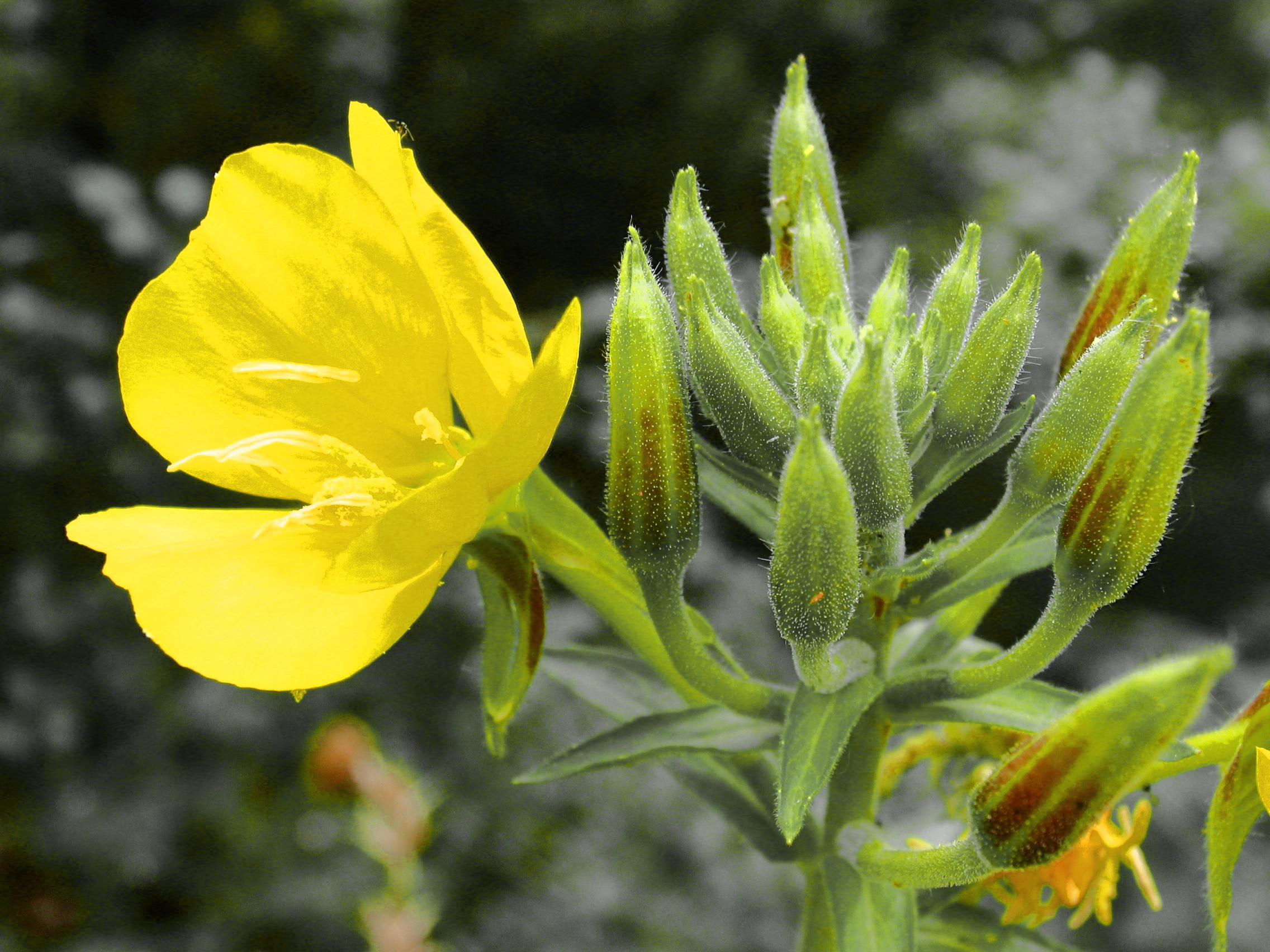
The “Arthritis Foundation” recommends that people with Rheumatoid Arthritis take between 540mg and 2.8 grams of Evening primrose oil in divided doses daily for at least 6 months.
cf. https://www.medicalnewstoday.com/articles/321853.php
Argan Oil
Argan oil contains Triterpenoids, known for their anti-inflammatory proper-ties. Culinary Argan Oil contains an average of about 20% Triterpenes.
“Linoleic acids in culinary Argan Oil increase production of prostaglandins 1 which are of help in rheumatologic conditions… These nutrients can promote good circulation and have natural anti-inflammatory effects which are reported to help alleviate Arthritic pain.
Food Supplement Dosage Used For Arthritis Treatments:
It is proposed that 15-25ml (about 1-2 tablespoons) of culinary Argan Oil included in the diet could have a significant value as part of a natural Arthritis treatment plan… Most studies lasted around 6 weeks before the effects were recorded.”
https://arganoildirect.com/argan-oil-Arthritis-treatment
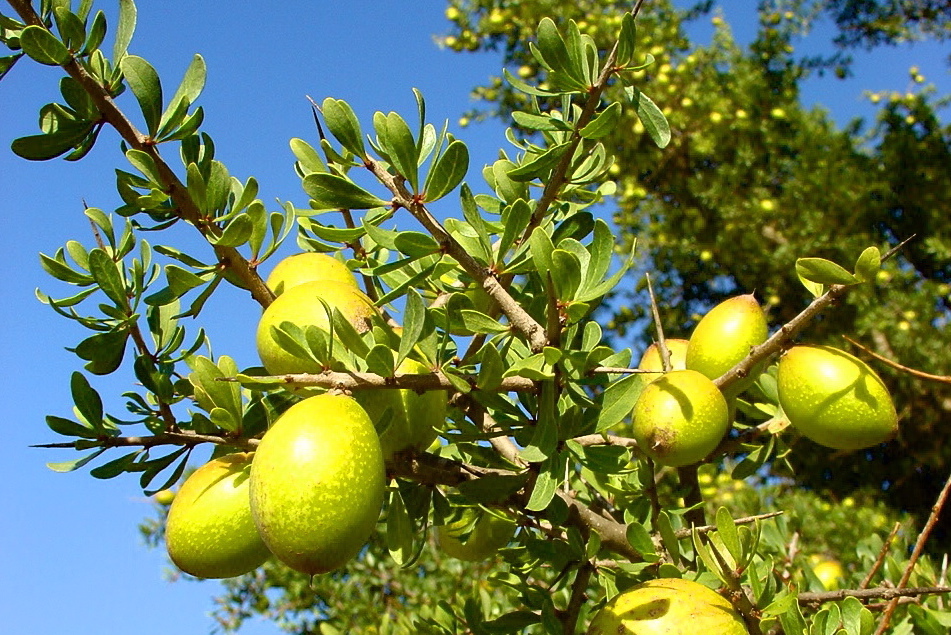
Castor oil
In a 2011 clinical trial published in the “International Quarterly Journal of Research in Ayurveda” (AYU), Castor oil was studied as part of a treatment program for 73 patients with Rheumatoid Arthritis. In the 15-day study, the patients were given 30-40ml of castor oil with hot water. After the study ended, researchers discovered that joint pain improved by more than 50% and joint stiffness decreased by over 48%.
https://www.doctorshealthpress.com/pain-articles/castor-oil-relieve-joint-pain/
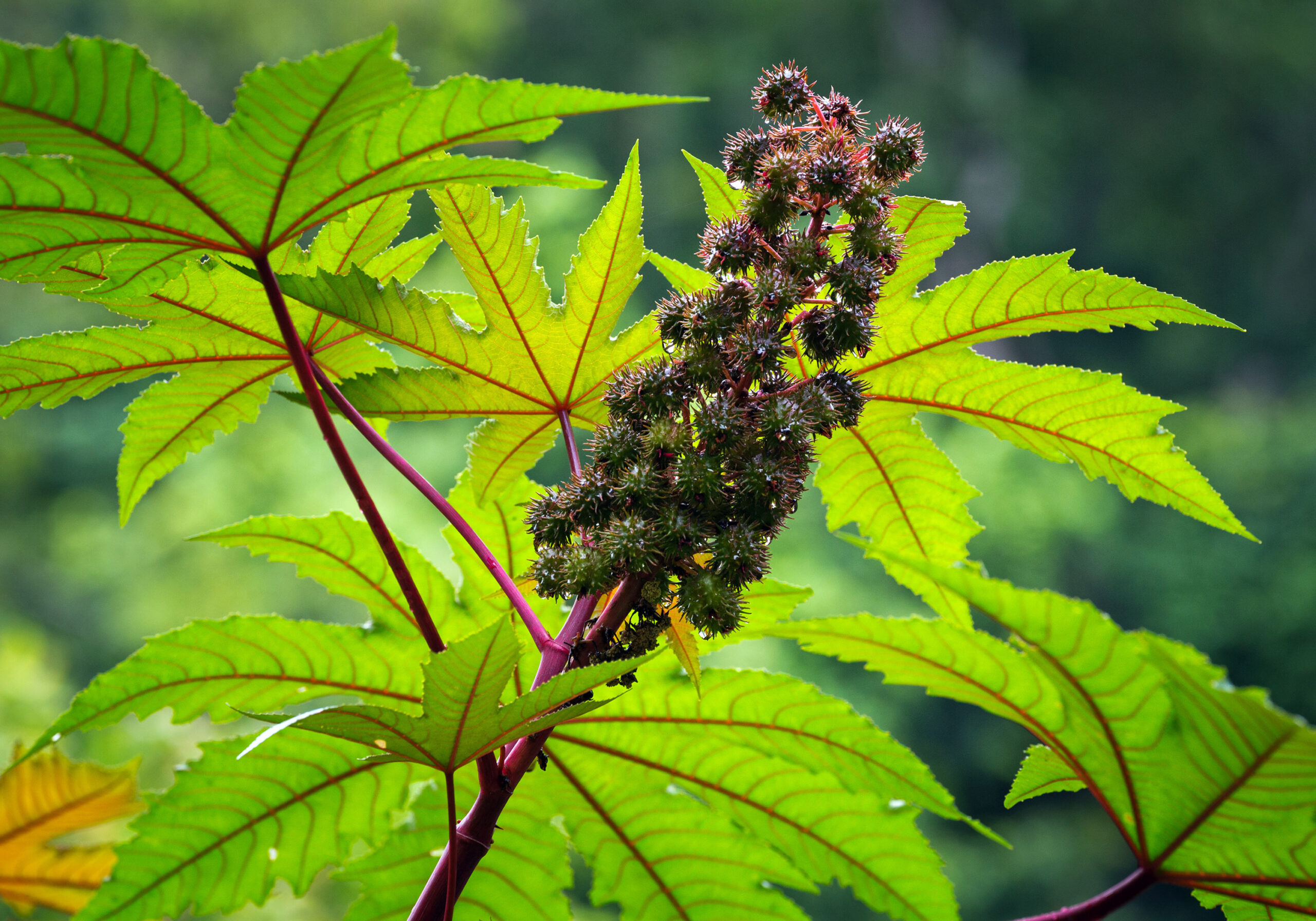
Ginger oil
The Arthritis Foundation reports a study from the University of Miami that concluded that Ginger extract could be a substitute to nonsteroidal anti-inflammatory drugs (NSAIDs).
The study compared the effects of a highly concentrated Ginger extract with that of a placebo in 247 patients with osteoarthritis in the knee. The Ginger extract reduced pain and stiffness in knee joints 40% more than the placebo.
https://draxe.com/essential-oils-for-Arthritis/
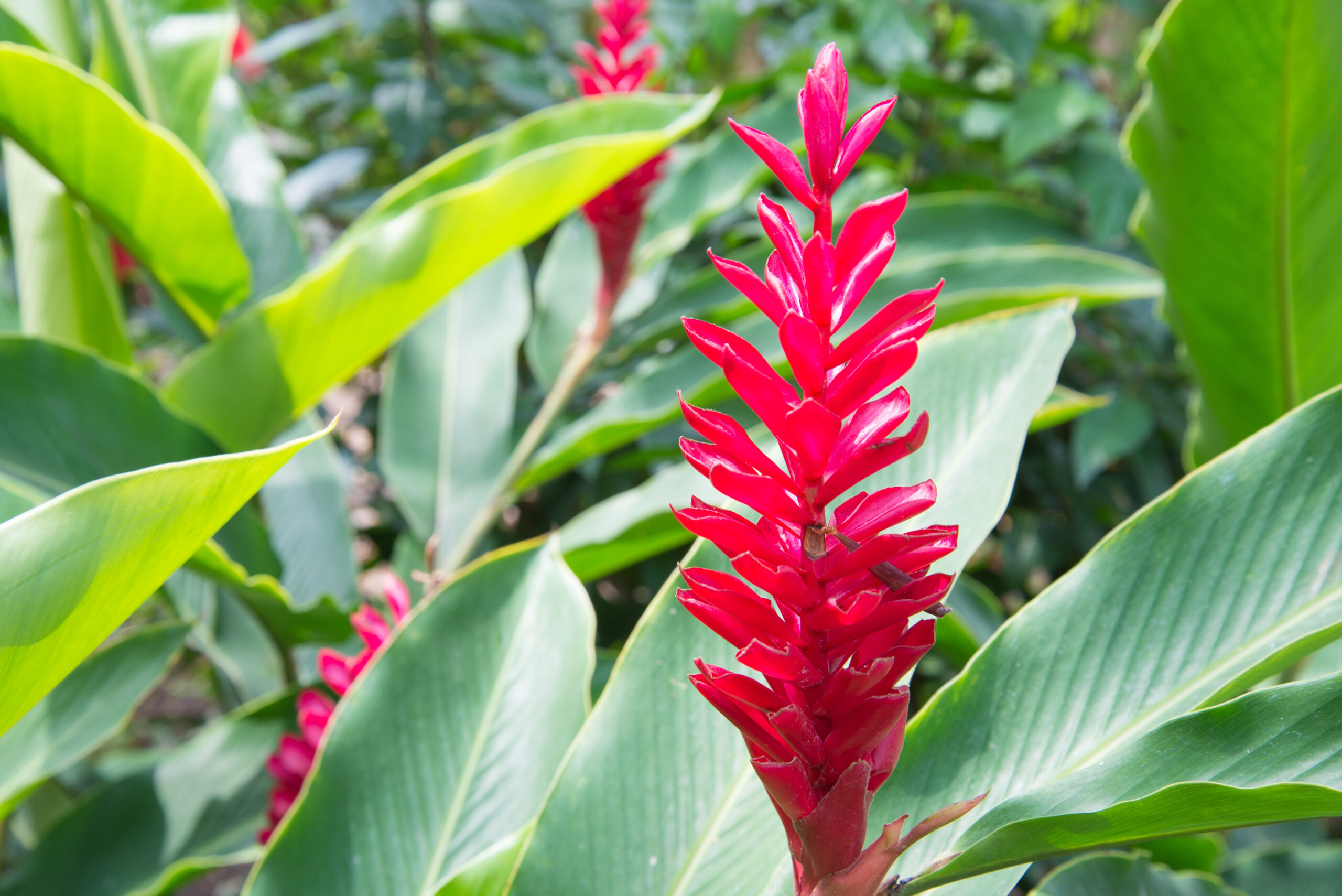
Helichrysum
Helichrysum is the oil of choice when dealing with an “itis” – any sort of inflamed condition. Muscular aches and pains, Arthritis, rheumatism, sprains, strained muscles – it soothes and calms these conditions and has the ability to reduce inflammation.
2 Testimonials
“As I suffer with bone and muscle aches and pains I have been applying immortelle as a preventitive treatment. This has worked wonders and has had such a positive effect on my daily functioning. It has also proved to be an amazingly instant relief for burns, bruises ect. I highly recoommend this to everyone.”
“The penetrating fragrance of this oil soothes me and brings me harmony. I have been using it since 2009 and my violent Arthritis in my knee and the pain in my ligaments and tendons have eased considerably. My oil, which is over 2 years old and has withstood temperatures of over 25°, has not gone rancid. Unusual testimony for an unusual plant drawing its mystery and strength from the mists of time… a notte di i tempi fà.”
Mr Chaix Pierre – http://www.immortelle.pro/1.html
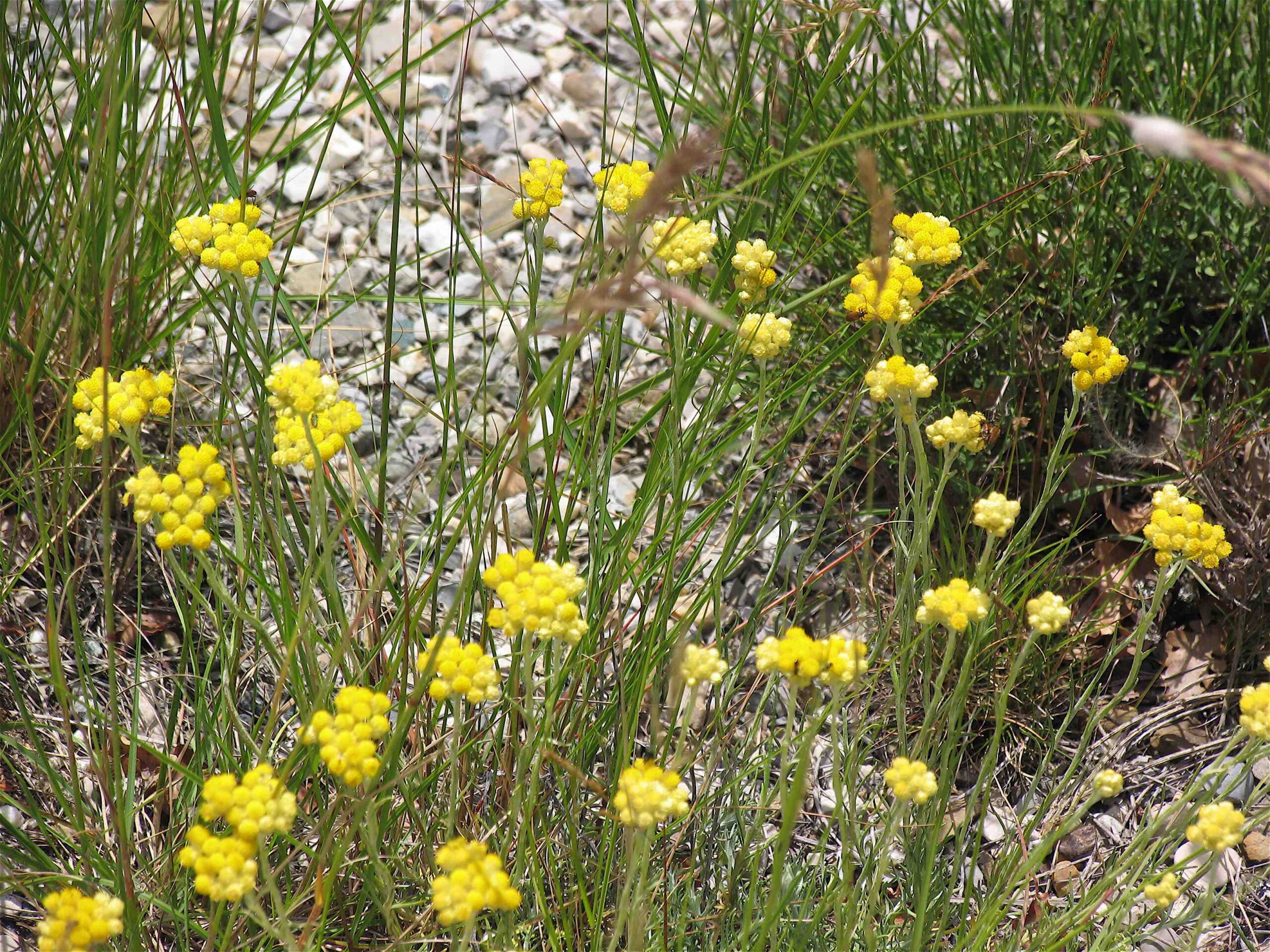
Turmeric (Curcuma)
Since ages Turmeric is known as an efficient anti-inflammatory herb. With its very much researched compound Curcumin, Turmeric has become one of the very popular spices in modern natural medicine. Also for Rheumatoid Arthritis Turmeric is an excellent choice.
“A recent study out of Japan evaluated its relationship with interleukin (IL)-6, the inflammatory cytokine known to be involved in the Rheumatoid Arthritis (RA) process and discovered that curcumin significantly reduced inflammation. This evidence suggests that regular Turmeric use could be a powerful way to combat the development of Rheumatoid Arthritis!”
https://draxe.com/essential-oils-for-Arthritis/
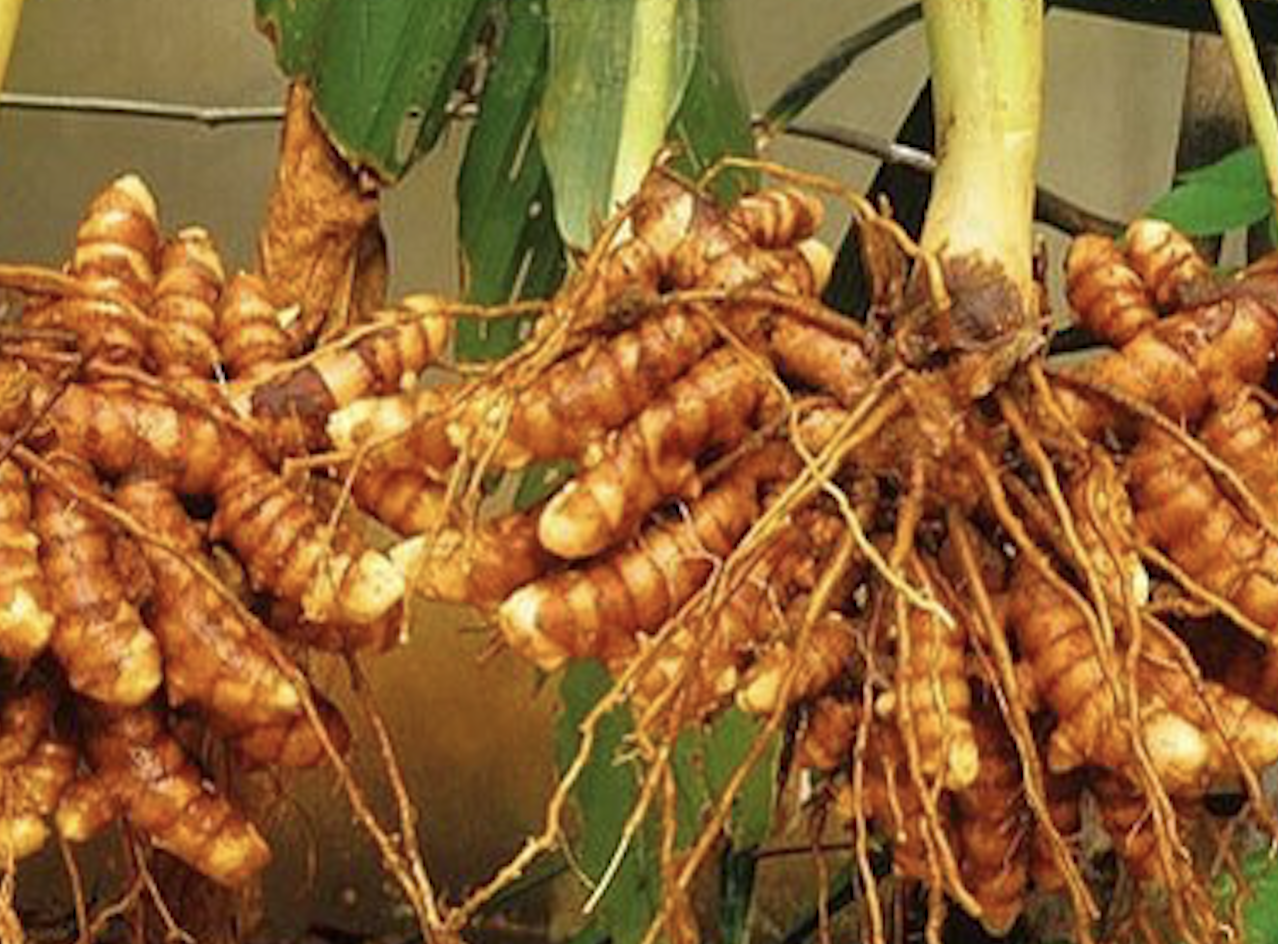
Orange
Orange oil has been scientifically investigated due to its highly efficient antioxidant nature. The monoterpene d-limonene is considered to be the major compound responsible for this. A study published in 2009 in the “European Journal of Medical Research” showed the possibility to use Orange oil against oxidative stress in the body and thereby influence also arthritic pain and inflammation.
“Fifty-nine older persons were enrolled in a double-blind, placebo-controlled experimental study group from the Community Centre for Senior Citizens, Hong Kong. The intervention was six massage sessions with Ginger and Orange oil over a 3-week period… There were significant main changes between the three time-points within the intervention group – on three of the outcome measures: knee pain intensity (p=0.02); stiffness level (p=0.03); and enhancing physical function (p=0.04).”
(https://www.researchgate.net/publication/5321890_An_experimental_study_on_the_effectiveness_of_massage_with_aromatic_ginger_and_orange_essential_oil_or_moderate-to-severe_knee_pain_among_the_elderly_in_Hong_Kong)
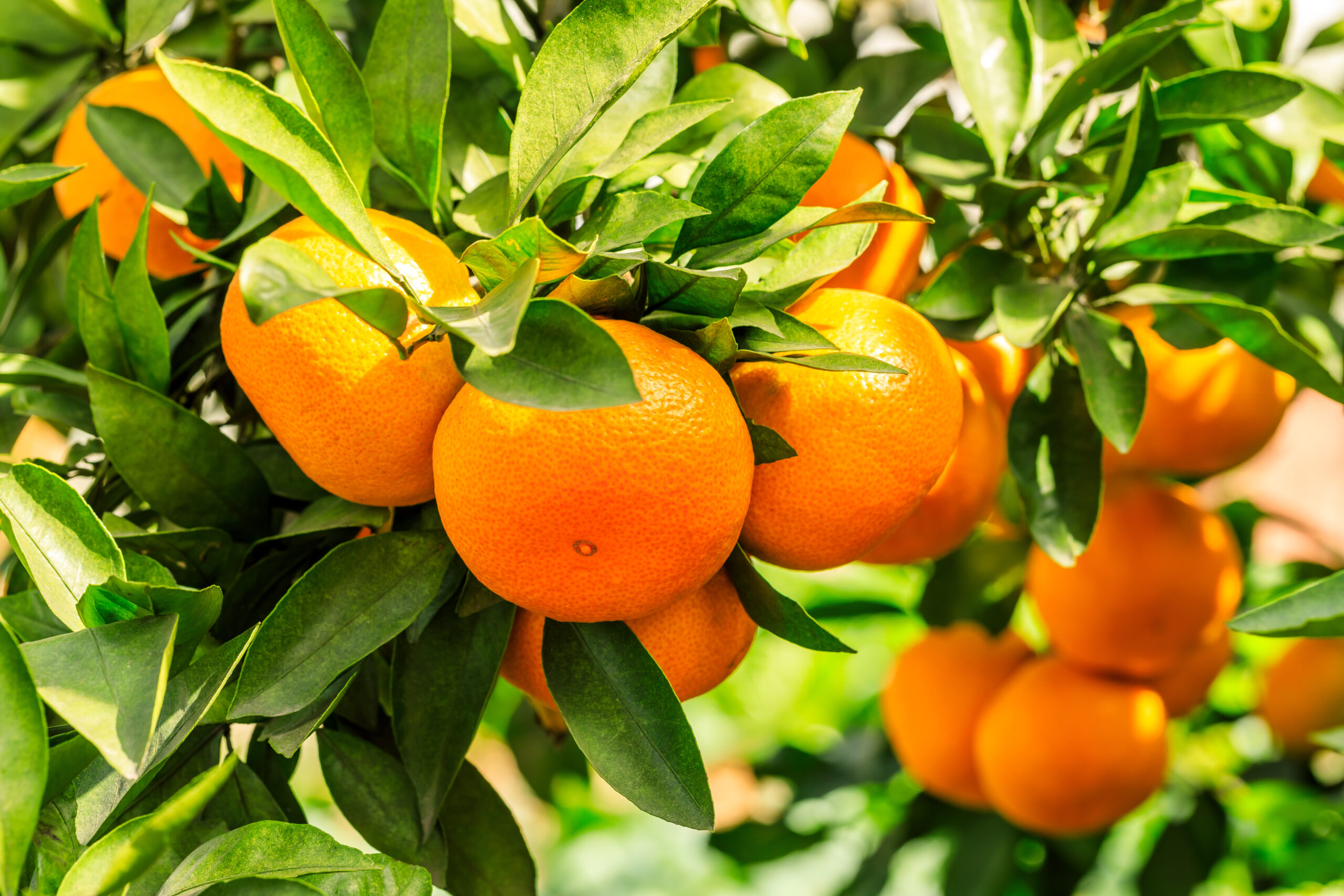
Other essential oils to help
Winter Savory:
People take Winter savory for intestinal disorders including cramps, indiges-tion, diarrhea, nausea, and intestinal gas. They also take it to treat cough and sore throat, and as a tonic. The oil unfolds rich anti-bacterial, anti-viral and anti-inflammatory effects.
Eucalyptus citriodora:
The plant is a traditional medicine for treating body pains, sinus congestion, fever and colds and to disinfect wounds. The essential oil is a powerful anti-septic being used for relieving coughs, sore throats and other infections. It supports cerebral circulation and the immune system by its stimulating effect on white blood cells. Externally it is beneficial for cuts. It assists Arthritis, rheu-matism, muscle and joint aches and aids hypertension.
Eucalyptus polybractea:
The oil relieves the symptoms of influenza and colds. It has antibacterial effects, especially on the respiratory tract. Its inhaled vapor is a decongestant and treatment for bronchitis and asthma. Eucalyptus oil also stimulates the immune system. It shows anti-inflammatory and analgesic qualities.
Peppermint:
Peppermint is an excellent helper for digestive problems and is useful in cases of cold, fever and flu. As an anti-spasmodic and momentary painkiller, especially in case of headache or migraine, cramp and joint pains it is unrivaled. It is also a good oil to help against travel nausea and indigestion, supporting also liver and spleen.
Pepper black:
Already in ancient times Pepper was a remedy to treat coughs and sore throat and in fact it shows healing and antibacterial powers even if flu combined with fever is the complaint. It can be used to heal animal bites as it is disinfecting and antiseptic. It acts as a vascular dilator and supports the power of the cardiac muscle. It is able to put slow digestion in motion. Research has shown that Pepper can reduce inflammatory processes according to a study published in the “Journal of Translational Medicine”.
Juniper berries:
In herbal medicine, Juniper has been used as a carminative and as a steam inhalant in the management of bronchitis. It has been used to treat wounds and inflammatory diseases. It is also used to control Arthritis. Because of its local irritant action on the bladder, Juniper has also been used as a diuretic.
Wintergreen:
In folk medicine it has been used against rheumatism, fever, headaches and sore throats. It shows good analgesic, carminative and astringent effects. Wintergreen berries have been used to make pies and teas. Small oral doses of wintergreen oil stimulate digestion and gastric secretion.
Guajakwood:
In the realm of modern alternative herbal medicine and aromatherapy Guajakwood essential oil is applied for the therapy of different ailments. It enjoys a remarkable reputation within the treatment of chronic gout, arthritis and rheumatism as well as complaints of the respiratory system.
Celery:
With its antioxidants and polysaccharides, phenolic acids, flavonoids like quercetin etc. the oil has proven its effects on inflammatory auto-immune diseases such as Rheumatoid Arthritis (RA).
A special compound: Sulphur
Sulphur restores flexibility. Sulphur is, with silica… one of the 2 trace elements of flexibility. Therefore it is widely used in rheumatology by practitioners of natural medicine. Depending on the quality of the Sulphur used, it will be effective on the ankylosis and periarticular tissues, reducing pain during movement or even on the joint itself.
Indeed, Sulphur is an essential constituent of connective tissue in general and cartilage in particular. Sulphur supplementation therefore seems to me to be important in cases of osteoarthritis.
Dr. Eric Ménat, “Anti-Arthrose, Prévenir, soulager et soigner avec les meilleurs remèdes naturels”
Recipes for Arthritis and Arthrosis
Arthritis Recipe
for 10ml with essential oils of
• Bay Laurel 2ml
• Helichrysum 1ml
• Juniper 1ml
• Cedarwood 1ml
• Frankincense 2ml
• Myrrh 1ml
• Peppermint 1ml
• Eucalyptus citriodora 1ml
Blend for Arthrosis (Osteoarthritis)
• Ginger 8 drops
• Black Pepper 4 drops
• Cedarwood 4 drops
• Cypress 4 drops
• Wintergreen 2 drops
• Peppermint 4 drops
• Myrrh 6 drops
• Eucalyptus citriodora 6 drops
Blend in 5ml Evening Primrose and 5ml Coconut oil
Bath blend for Arthrosis (Osteoarthritis) – Valerie Ann Worwood
• Black Pepper
• Rosemary
• Marjoram
First blend the essential oils together. Put one handful of Epson salts and one handful of Rock or Dead Sea salt in the bath, and add 4 drops of the blend, diluted in 1 teaspoon (5ml) of carrier oil.
Osteoarthritis – Valerie Ann Worwood
use the following essential oils
- Cedarwood Atlas
- Ginger
- Sandalwood
- Lavender
- Petitgrain bigarade
- Rosemary
- Cypress
- Black Pepper
- Scots Pine
- Patchouli
Blend for Rheumatoid Arthritis (D. Baudoux)
• Thyme, satureoides 1ml
• Basil, tropical 1ml
• Bay Laurel 1ml
• Rockrose (Cistus) 1ml
• Helichrysum 1ml
Blend to be applied topically on the painful area 4-5 times daily as needed.
The famous French doctor Jean Valnet recommended:
a mixture of essential oils of
• Ginger
• Rosemary
• Juniper
• Lavender
As a successful remedy against osteoporosis, Arthritis and broken bones.
Dr. Eric Ménat,
from “Anti-Arthritis, Prevent, relieve and heal with the best natural remedies”
Dr. Eric Ménat, “Anti-Arthrose, Prévenir, soulager et soigner avec les meilleurs remèdes naturels”
recommends:
• Wintergreen 15%
• Bay Laurel 15%
• Eucalyptus citriodora 10%
• Rosemary borneon 10%
Use this mixture in 50% Arnica carrier oil.